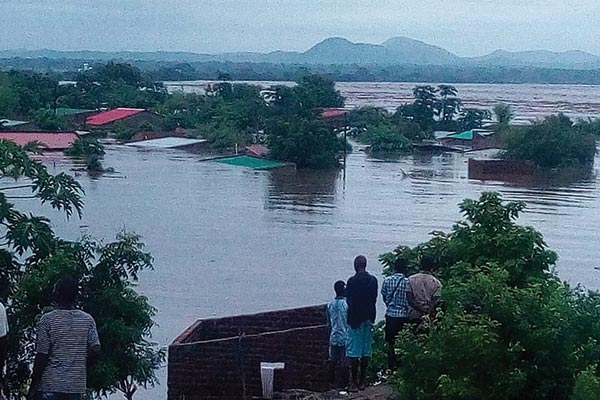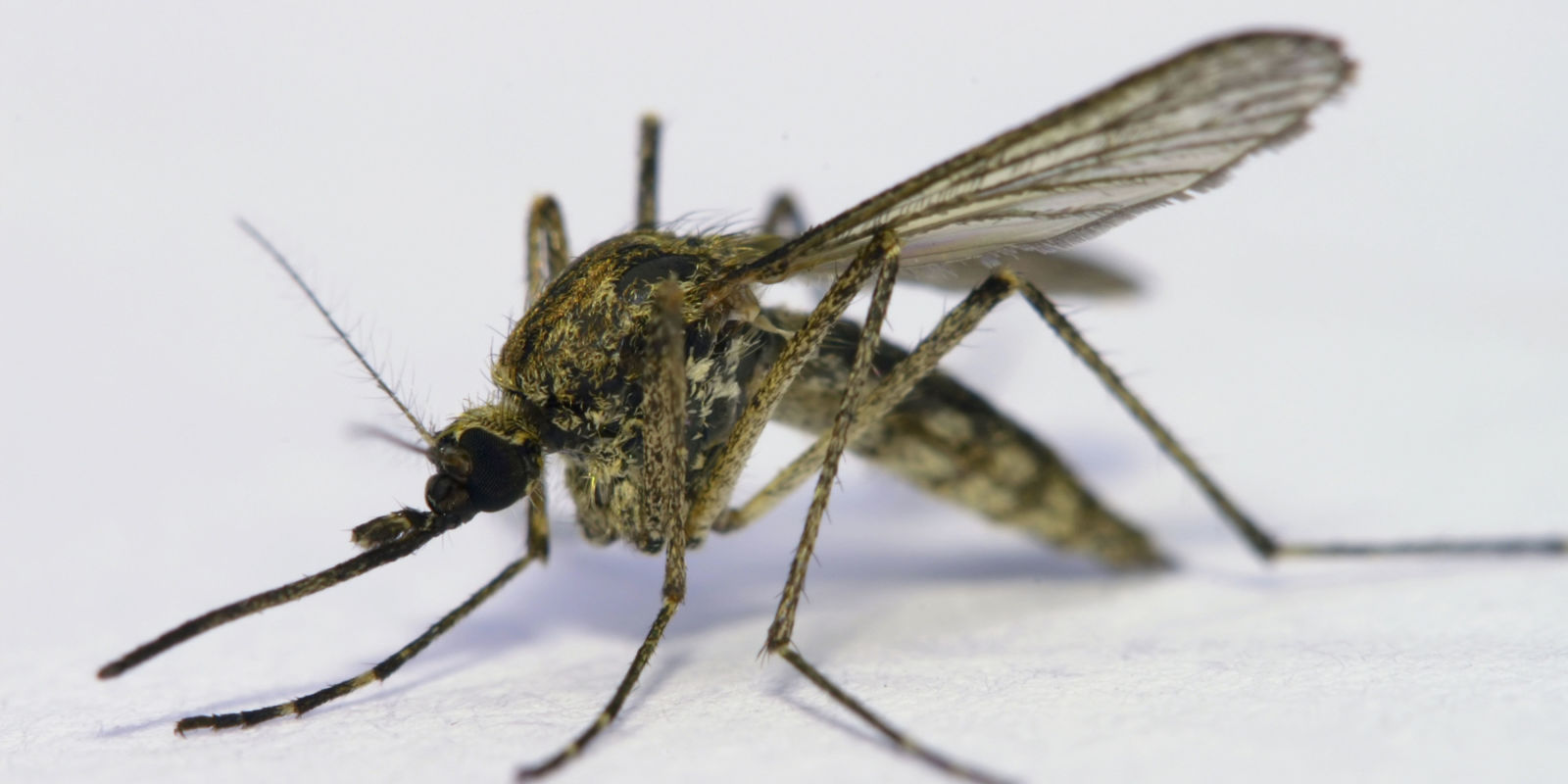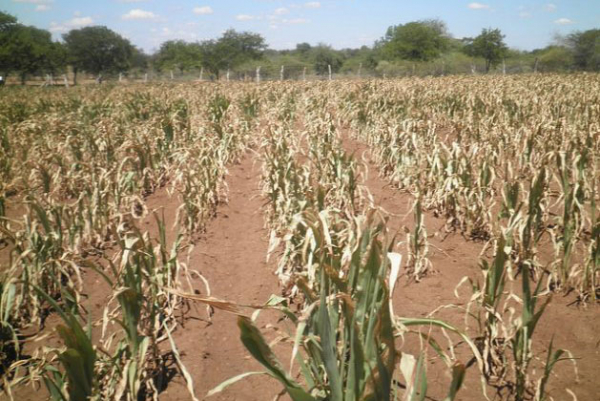
BY LORRAINE MUROMO THE United Nations Children’s Fund (Unicef) has warned that Africa could suffer 250 000 deaths between 2030 and 2050 if governments and other relevant stakeholders fail to urgently put in place measures to deal with climate change.
The world is currently enduring climate change effects such as floods, cyclones and droughts, which left thousands of people facing displacement, hunger and disease.

Zimbabwe is already experiencing the effects of climate change.
Addressing delegates at the World Health Day Symposium in the capital last week, Unicef country representative Tajudeen Oyewale said: “Between 2030 and 2050, climate change is expected to cause approximately 250 000 additional deaths per year, from malnutrition, malaria, diarrhoea and heat stress.”

He said the diseases and heat stress would mostly affect children’s ability to thrive and reach full potential.
Medical and Dental Private Practitioners of Zimbabwe president Johannes Marisa told NewsDay that climate change effects will increase morbidity, sickness and death.
“With climate change, there are high temperatures, floods and droughts, which result in malnutrition as many people are going to be starved of food. If climate change is not contained, we are going to see a lot of health calamities,” Marisa said.

Community Working Group on Health executive director Itai Rusike said most health problems being experienced in the country such as diarrhoeal diseases and malaria were caused by poor environmental conditions.
- Chamisa under fire over US$120K donation
- Mavhunga puts DeMbare into Chibuku quarterfinals
- Pension funds bet on Cabora Bassa oilfields
- Councils defy govt fire tender directive
Keep Reading
He said there was need to strengthen public healthcare systems to deal with diseases caused by climate change.
“The spread of health information, improvement of nutrition, safe living and safe community environments are key to disease prevention and combating climate change. Prevention and management of common diseases also depend on early detection and treatment,” Rusike said.
- Follow Lorraine on Twitter @RMuromo










